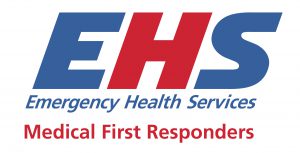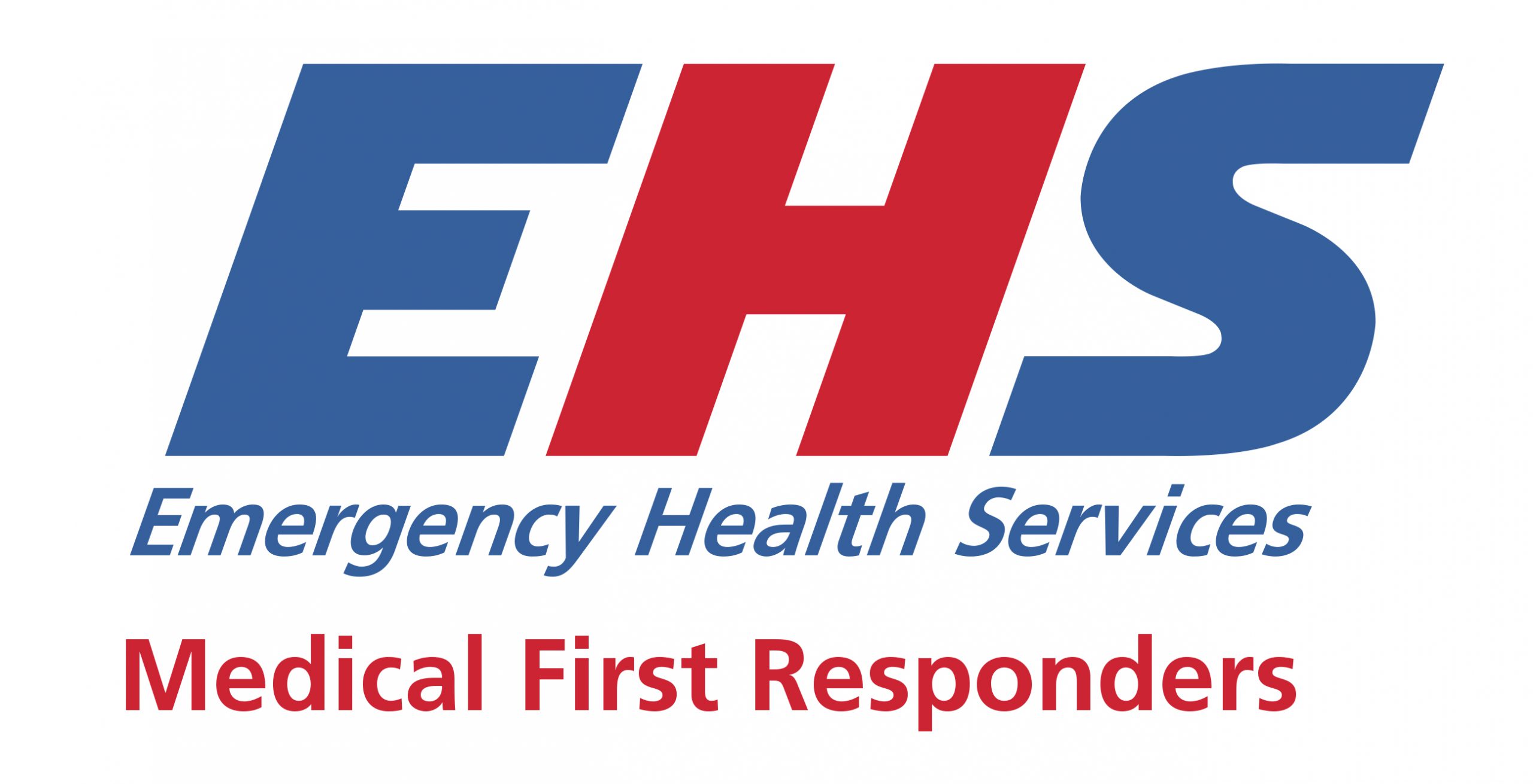- EHS MFR Community Hub
The EHS Code of Ethics serves as a guiding framework, describing the moral principles and professional responsibilities that govern the conduct of medical first responders. At its core, the EHS Code of Ethics underscores the sacred trust between Medical First Responders and their patients, emphasizing the priority of patient welfare and confidentiality. It embodies a commitment to competence and continuous learning, ensuring that responders maintain the knowledge and skills to deliver optimal care. Upholding the dignity and rights of every individual, regardless of race, ethnicity, gender, socioeconomic status, or any other characteristic, lies at the heart of this ethical mandate.
Moreover, this Code extends beyond the patient-provider relationship to encompass interactions within interprofessional teams, institutions, and the broader community.
As custodians of sensitive information, medical first responders will safeguard patient confidentiality and privacy, exercising discretion and prudence in all matters. Medical First Responders will use their influence judiciously, prioritizing the best interests of those under their care.
Furthermore, the EHS Code acknowledges the complexities inherent in medical decision-making and emphasizes the importance of informed consent, shared decision-making, and the right to refuse treatment. It calls for transparency, honesty, and empathy in all interactions, even amidst challenging circumstances.
Ultimately, Medical First Responder adherence to the EHS Code of Ethics is not only a obligation but a moral imperative. By observing the EHS ethical codes and striving to embody them in their daily practice, medical first responders honor the noble calling of helping others in need and contribute to a healthier, more just society.

Principles of Ethical Behaviour
1) The well-being of the patient must be the primary concern.
2) Recognize your limitations and the skills of others in the care and treatment of the patient.
3) Protect and maintain patient confidentiality.
4) Teach and learn.
5) Remember that integrity and professional ability should be your best advertisements.
Responsibilities to the Patient
1) Provide care based on human need with respect for dignity.
2) Provide care within scope of practice and to the best of the registered members ability, seeking consultation where necessary.
3) Protect and maintain the patient’s safety, dignity, and privacy.
4) Hold in confidence all personal information entrusted to the member in the prehospital healthcare setting respecting the patient unless failure to disclose would endanger the patient, a third party or the disclosure is required by law.
Professional Responsibilities
1) Must behave beyond reproach and report and incompetent, illegal, or unethical conduct by colleagues or healthcare personnel to MFR Registrar.
2) Conduct and present yourself professionally, to encourage and merit the respect of the public for members of the EHS MFR Program
3) Refrain from disparaging the reputation of any colleague.
4) Assume responsibility for personal and professional development.
5) Must not use the members profession, knowledge, or skills for unethical gain.
6) Observe the rules of professional conduct set out in this Code in spirit, as well as the well-being of the community.
